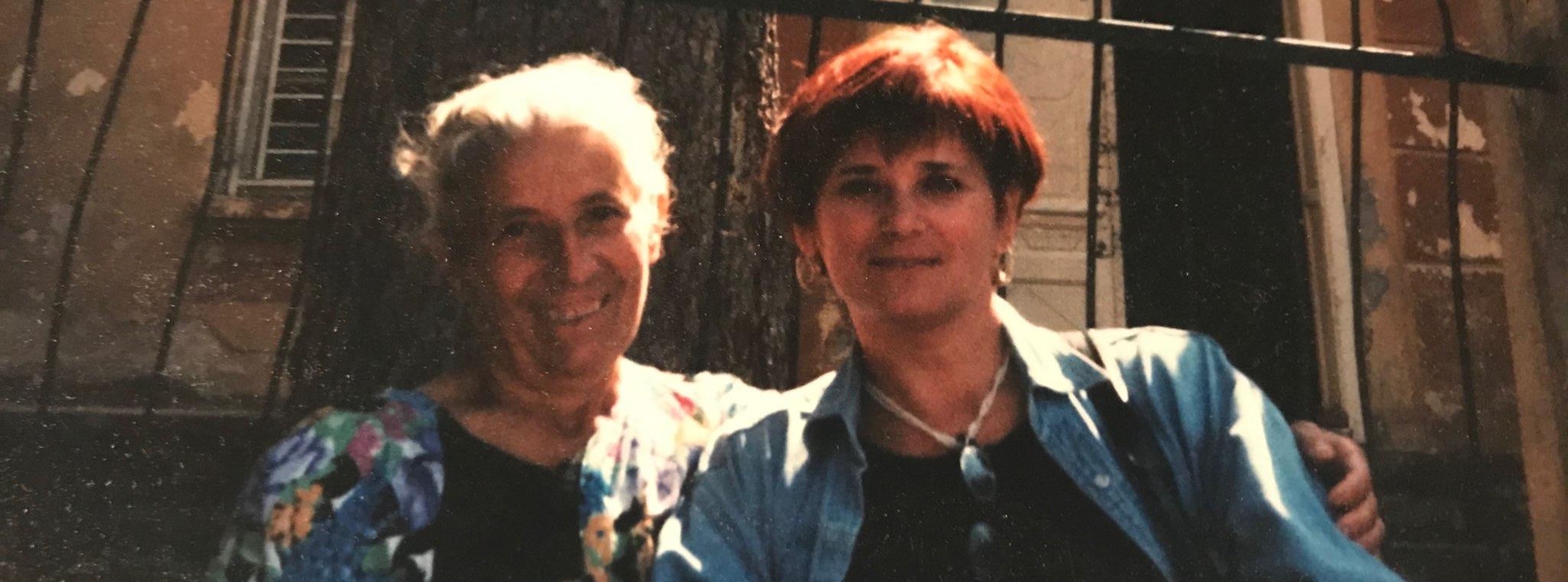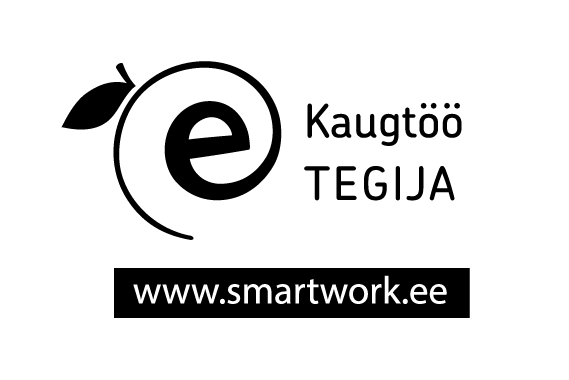Online lecture on old and new sociocultural values in Russia and Bulgaria
24.09.2020
On September 28, at 11 (Est. time) Dr Irina Sedakova will give an online-lecture “Old and new sociocultural values in Russia and Bulgaria” (in English). *Eesti keeles*
The aim of the lecture is to compare and scrutinize the semantics and pragmatics of sociocultural values as represented in old rural and new urban settings in Russia and Bulgaria.
The talk starts with a brief account of the axiological terminology in Russian and Bulgarian in order to demonstrate that ‘value’ as an abstract notion is a recent development, and not typical in the rural contexts. It gains more and more frequency in the era of the internet, ‘new sincerity’, and new ethics.
• How do we investigate values in our field work, what sort of questions should we ask our interlocutors?
• Is it possible to draw a border (lexical, pragmatical, etc.) between ‘old’ and ‘new’ values?
• What are the reasons for dynamic changes in the axiological hierarchy?
• How does COVID-19 influence the routines and preferences of people, and correspondingly the hierarchy of values and its vocabulary?
These and some other questions will be discussed on the examples of such values as ‘love’, ‘old age’, and ‘health’.
The lecture takes place online, at the Estonian Literary Museums TEAMS enviroment.
Dr Irina Sedakova is the Head of the Department of Typology and Comparative Linguistics at the Institute for Slavic studies, Russian Academy of Science.
Preregistration at: seminar2020@folklore.ee
The lecture takes place as a part of the seminars of the Department of Folkloristics (ELM) and The WG of the myths and religious studies at the Centre of Excellenece in Estonian Studies (CEES – TK 145). Lectures are supported by the research grant EKM 8-2/20/3 and by the Centre of Excellence in Estonian Studies (TK-145).
More information:
Mare Kalda, mare.kalda@folklore.ee

